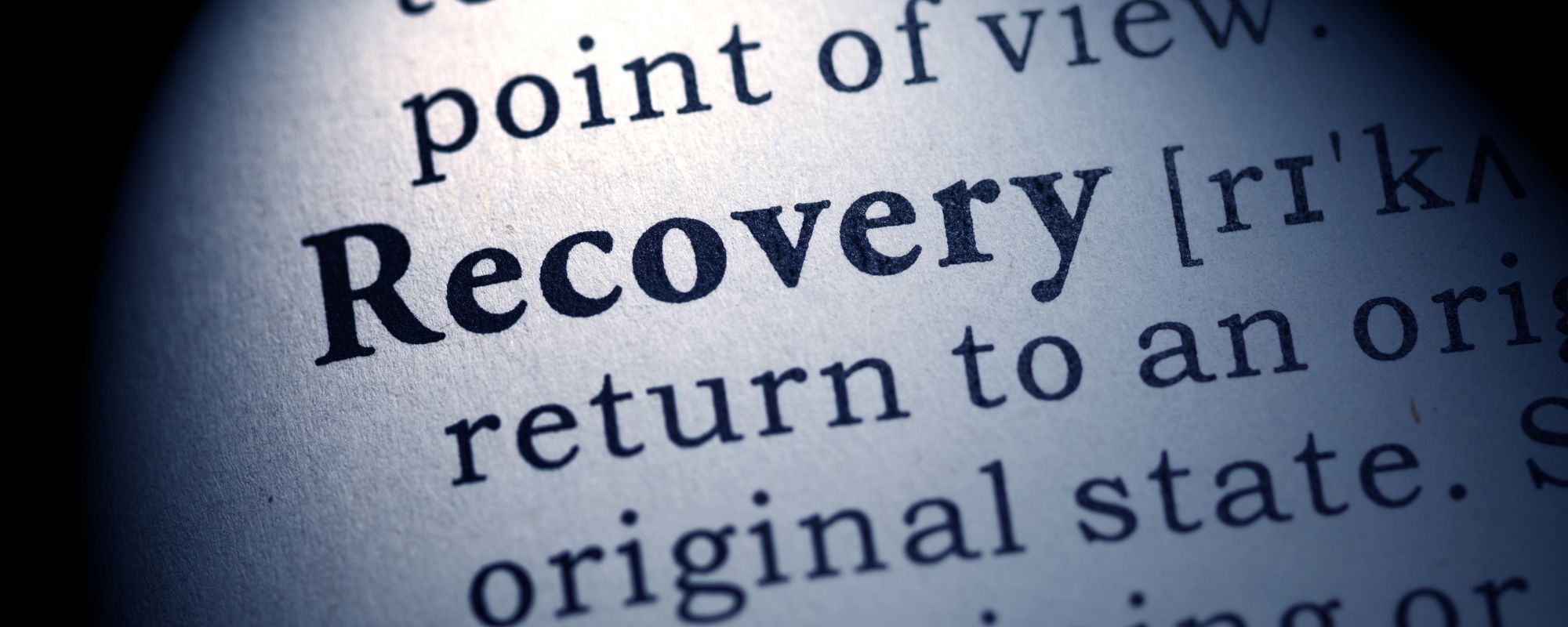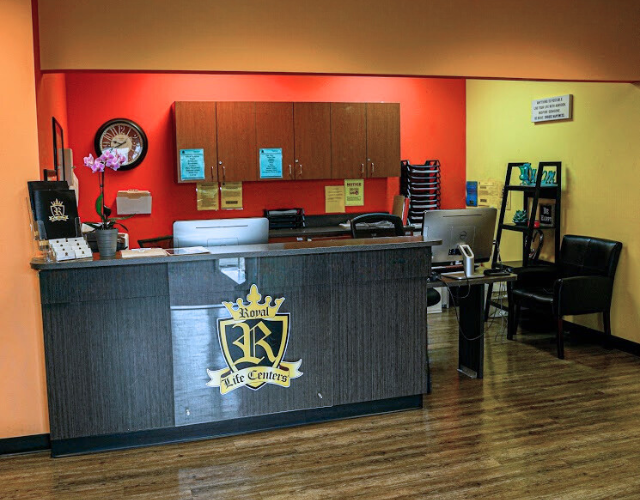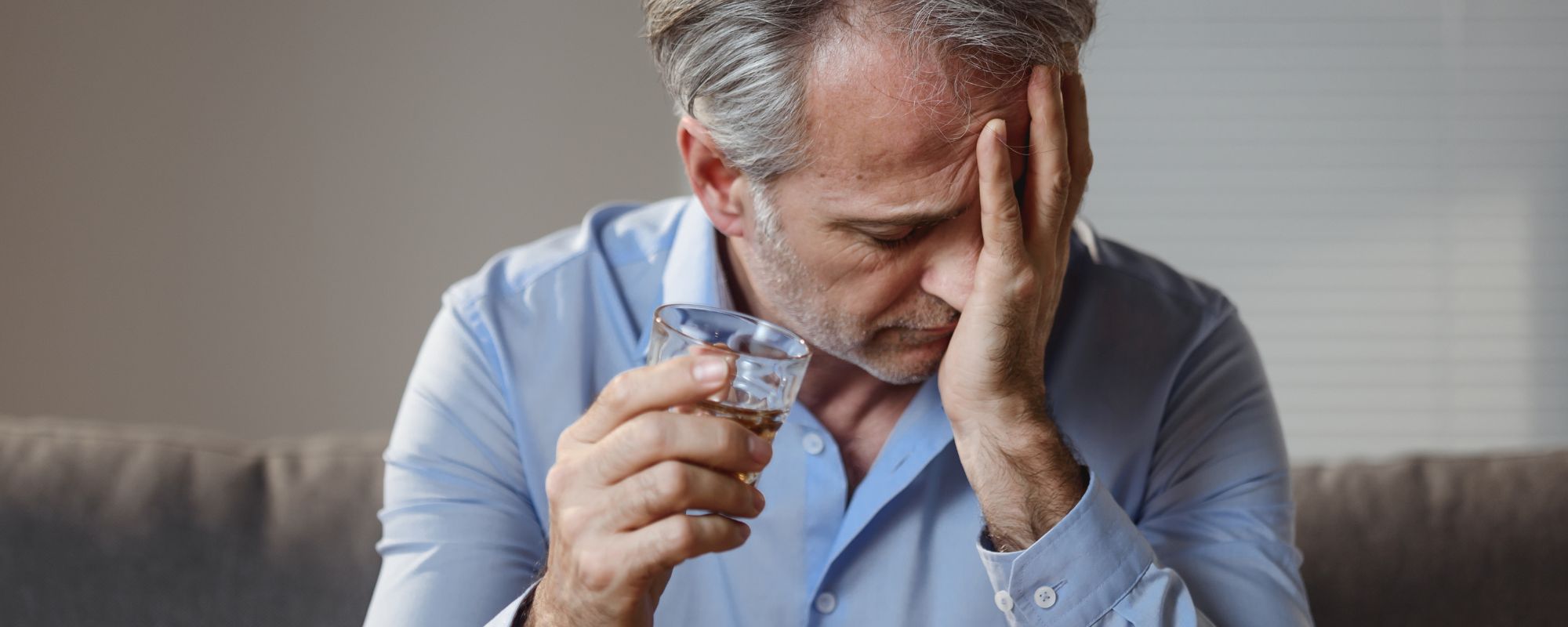It is common for guests with a substance use disorder to also be suffering from a co-occurring disorder. At Royal Life Centers at the Haven, we are experienced in treating guests who suffer with a dual diagnosis. Upon arrival to our facilities, each guest will undergo an assessment for their symptoms and evaluation for any co-occurring disorders so that we can decide the best and most effective course of treatment.
What is a Co-Occurring Disorder
A co-occuring disorder, also known as a dual diagnosis, is when a guest suffering from a substance use disorder also has a mental health disorder— like depression, anxiety, bipolar disorder, etc. This occurrence can also be called comorbidity. Treating co-occurring disorders simultaneously is one thing that we specialize in at Royal Life Centers.
Because addiction changes the way our brain functions, our processing of information, and our behavior, addiction is considered to be a disorder, and is mentioned in the Diagnostic and Statistical Manual of Mental Disorders.
Addiction and Other Disorders
Mental health disorders actually make someone more susceptible to addiction. Many studies published show that ” persons diagnosed with mood or anxiety disorders are about twice as likely to suffer also from a drug use disorder” (NIDA). Addiction and mental disorders have a bi-lateral relationship, meaning that both affect each other. Someone struggling with an addiction is “…roughly twice as likely to suffer also from mood and anxiety disorders” (NIDA).
Many people with a substance use disorder may have developed their addiction in an attempt to self-medicate for symptoms they experience from a co-occurring disorder. Alternately, chronic substance use may cause mental health disorder symptoms to arise. An example of this is drug-induced psychosis.
Common Co-Occurring Disorders
There are many mental disorders that are common amongst addicts and alcoholics. We have prepared a list of these common co-occurring disorders below, as well as a bit of information on each disorder.
Anxiety Disorders
Anxiety is one of the most common disorders had in addition to a substance use disorder. There are many different types of anxiety disorders, including: panic disorder, social anxiety, agoraphobia, general anxiety disorder, etc.
Depression
Depression is another extremely common mental health disorder to have alongside substance use disorders. Many of the signs and symptoms of depression are similar to signs and symptoms of substance use disorder. Because of these similarities, there is a higher likelihood of misdiagnosis.
Eating Disorders
“The lifetime prevalence percentages of eating disorders in people with drug use disorders (and vice versa) are higher than in the general population” (Nøkleby).
Bipolar Disorder
Bipolar disorder is a mood-related mental health disorder. This mental health disorder has two types, which manifest different symptoms and behaviors, these types are bipolar I and bipolar II. “The lifetime prevalence of SUDs is at least 40% in bipolar I patients” (Cerullo).
Personality Disorders
Personality disorders are extremely common throughout the general population, whether people apply to the disorder fully or carry the traits or style of a personality disorder. There are
about ten different personality disorder diagnoses, the most common among addicts and alcoholics are antisocial personality disorder, borderline personality disorder, dependent personality disorder, narcissistic personality disorder, and avoidant personality disorder.
Post-Traumatic Stress Disorder
Post-traumatic stress disorder is a mental health disorder that results from experiencing or witnessing a traumatic event. This disorder causes mental and emotional stress that is a result from psychological shock. PTSD usually affects someone’s ability to emote, and causes hypersensitivity to others and the world with a different set of beliefs that resulted from their traumatic experience.
Diagnosing
You should only be diagnosed with a mental health disorder by a licensed medical professional. A psychiatrist is usually the best person to seek out if you are looking to be diagnosed, and treated with the proper medications and psychotherapy. It is especially important to seek a professional who has extensive knowledge about substance use disorders, because many signs and symptoms of mental health disorders are shared with signs and symptoms of substance use disorders. For example, a severe substance use disordered person will stop participating in activities they once used to enjoy, which is a sign and symptom of depression.
Royal Life Centers at the Haven runs on a model of comprehensive addiction treatment. We use proven effective methods and only the best practices to treat our guests. The National Institute on Drug Abuse says, “The high rate of comorbidity between drug use disorders and
other mental illnesses argues for a comprehensive approach to intervention that identifies and evaluates each disorder concurrently, providing treatment as needed. The needed approach calls for broad assessment tools that are less likely to result in a missed diagnosis” which we are proud to say that our treatment experience aligns with this recommendation. (NIDA).
How We Treat
We treat each dually-diagnosed guest with a different course of treatment, because each guest’s addiction treatment experience is individualized specifically to meet their personal needs and goals. Some common factors in our comprehensive addiction treatment programs include:
-
- medical management
Regular visits with our medical professional staff will provide guests with medication if they need it for their overall health. For example, a commonly prescribed medication is an anti-depressant. Our medical professional staff only prescribes non-addictive medication, and keeps up regular contact with each guest to provide medication monitoring.
-
- therapeutic communities (TCs)
Our addiction treatment atmosphere is considered to be a therapeutic community, which gives guests the opportunities for resocialization, teaching guests how to be a valuable part of the community. We have many community-based events and provide opportunities for guests to be a part of the greater community— with things like community service and involvement.
-
- behavioral therapy
In addition to our wide variety of intensive therapies, we also offer two types of behavioral therapies. We provide cognitive behavioral therapy (CBT) and dialectical behavioral therapy (DBT), which are two of the most helpful types of therapy for treating mental health disorders.
Substance abuse and mental health go hand-in-hand. Our treatment for co-occurring disorders is an approach that treats both (or all) disorders simultaneously. Once you arrive at one of our treatment centers, you will be assessed and evaluated for any co-occurring disorders so that you and our clinical staff can decide the best course of treatment for you specifically. Our treatment plans are completely individualized, to offer each guest the best resources and most effective treatment for their specific needs, goals, and circumstances. Any dual diagnosis treatment will involve regular visits with our medical professionals, to ensure proper mental health management and medication monitoring.
Our Programs
Royal Life Centers at the Haven offers optimal medical detoxification services. Our medical detox program can last for either 4 or a full 8 days, depending on each guest’s symptoms of withdrawal and medical needs. We focus on stabilization during our medical detoxification, and provide 24/7 access to and supervision of medical professionals. We offer medically-assisted detox medications and medically-assisted integrated treatment for guests on a case-by-case basis also.
Our program at Royal Life Centers at the Haven is short term, however, Royal Life Centers has many long term programs as well. Royal Life Centers offers comprehensive addiction treatment programs, including: medical detox, a residential inpatient program, a partial hospitalization program (PHP), an intensive outpatient program (IOP), an outpatient program (OP), sober living and graduate housing. We also have services for family members, and alumni services.
Reach Out
If you or someone you know is struggling with an addiction and a mental health disorder, please reach out to our addiction specialists at (877)-RECOVERY or (877)-732-6837. Our team makes themselves available to take your call 24 hours a day, 7 days a week. Because We Care.
References:
Cerullo, Michael A, and Stephen M Strakowski. “The prevalence and significance of substance use disorders in bipolar type I and II disorder.” Substance abuse treatment, prevention, and policy vol. 2 29. 1 Oct. 2007, doi:10.1186/1747-597X-2-29
NIDA. “Comorbidity: Addiction and Other Mental Illnesses.” National Institute on Drug Abuse, U.S. Department of Health and Human Services, Dec. 2008, www.drugabuse.gov/sites/default/files/rrcomorbidity.pdf
Nøkleby, Heid. “Comorbid Drug Use Disorders and Eating Disorders — a Review of Prevalence Studies.” Nordic Studies on Alcohol and Drugs, vol. 29, no. 3, June 2012, pp. 303–314, doi:10.2478/v10199-012-0024-9
- Is Kombucha Okay to Drink in Recovery? - May 29, 2019
- 10 Tips for Meditation in a Drug Rehabilitation Center - May 8, 2019
- How To Change Your Mindset When Recovering from Substance Use Disorder - April 3, 2019


















